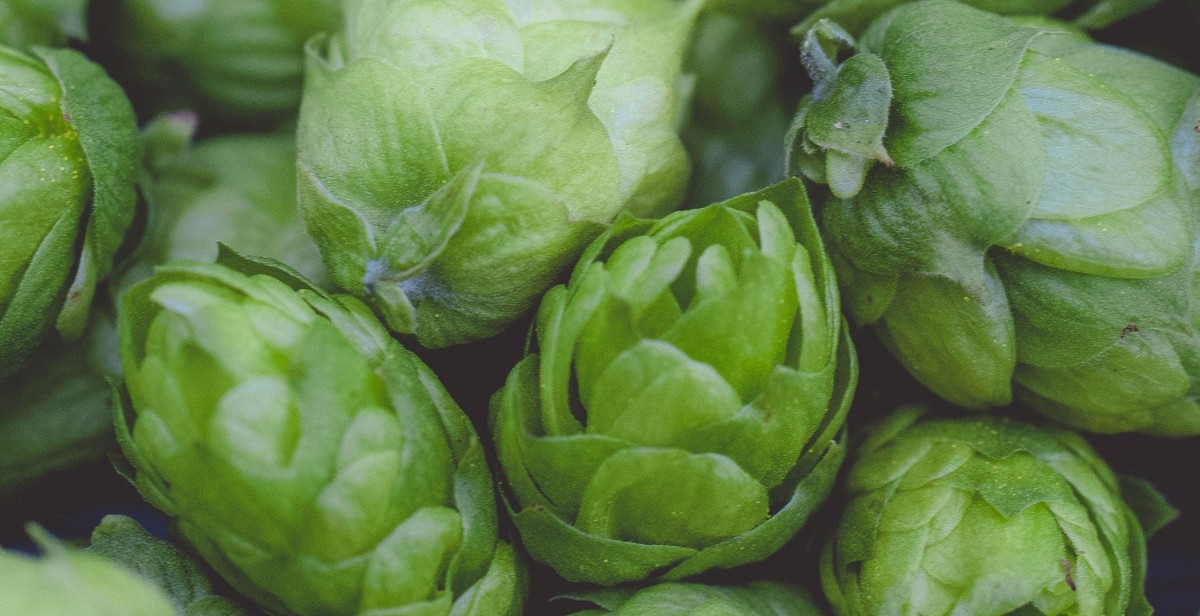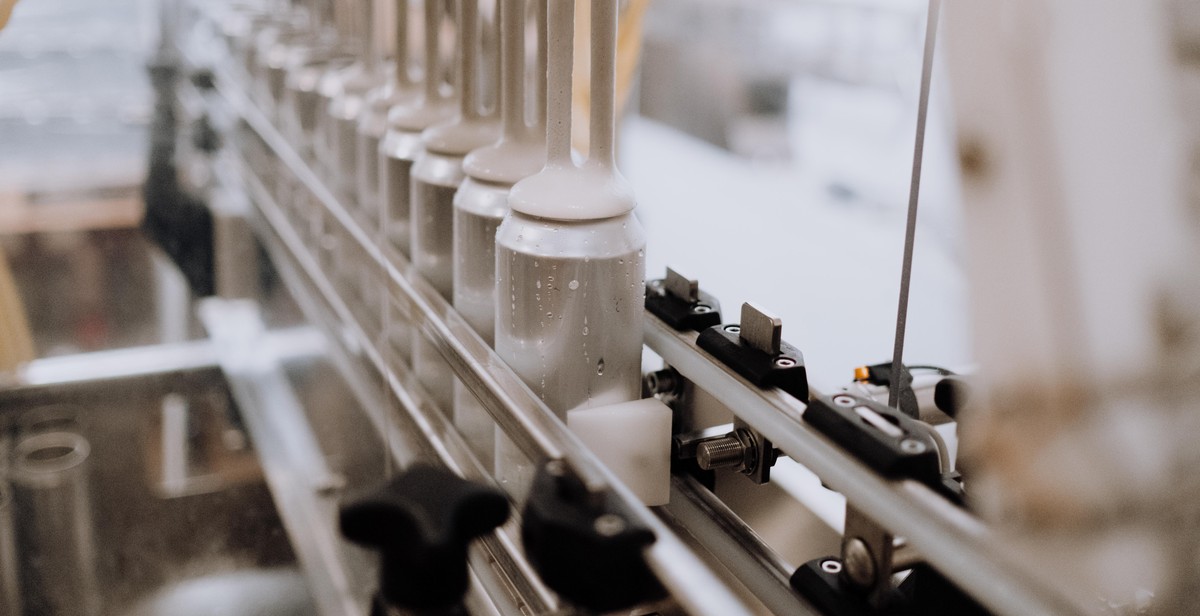How to Brew Beer with Unique Hop Varieties: Exploring Aromas and Flavors
If you’re a beer enthusiast, you know that hops are one of the most important ingredients in the brewing process. They not only add bitterness and aroma but also contribute to the overall flavor profile of the beer. Most beer lovers are familiar with the popular hop varieties such as Cascade, Chinook, and Centennial. However, there are many unique hop varieties available that can add a whole new dimension to your brew.
In this article, we will explore the world of unique hop varieties and how to use them in your brewing process. We will discuss the different flavors and aromas that these hops bring to the table and how to best showcase them in your beer. Whether you’re a seasoned brewer or just starting out, this guide will provide you with valuable insights and tips to create unique and flavorful beers.
The Importance of Hops in Brewing
Hops are a crucial ingredient in the brewing process. They not only add bitterness to balance out the sweetness of the malt but also contribute to the aroma and flavor of the beer. Hops contain alpha acids, which are responsible for the bitterness, and essential oils, which provide the aroma and flavor. The type and amount of hops used in the brewing process can greatly affect the final product.
Exploring Unique Hop Varieties
While there are many popular hop varieties, there are also many unique and lesser-known hops that can add interesting flavors and aromas to your beer. Some of these unique hops include Nelson Sauvin, Mosaic, and Sorachi Ace. Each hop variety has its own unique characteristics that can enhance the flavor profile of your beer.
- Nelson Sauvin: This New Zealand hop variety is known for its fruity and wine-like flavors, with hints of gooseberry and passionfruit.
- Mosaic: This American hop variety is known for its complex flavors and aromas, with notes of tropical fruit, citrus, and pine.
- Sorachi Ace: This Japanese hop variety is known for its lemony and herbal flavors, with hints of dill and coriander.
By using these unique hop varieties in your brewing process, you can create beers with complex and interesting flavor profiles that stand out from the crowd.

Understanding Hop Varieties
Hops are an essential ingredient in beer brewing, and they are responsible for the flavors and aromas that are unique to each beer. Hops are the flowers of the hop plant, and they contain essential oils and resins that give beer its distinctive bitterness and aroma. There are many different hop varieties, each with its own unique flavor and aroma profile.
What are Hop Varieties?
Hop varieties refer to different strains of the hop plant. There are over 100 different hop varieties grown around the world, and each variety has its own unique characteristics that affect the flavor and aroma of the beer. Different hop varieties are used in different beer styles, and brewers often experiment with different hop combinations to create unique and interesting flavors.
Different Types of Hop Varieties
There are two main types of hop varieties: aroma hops and bittering hops. Aroma hops are used primarily for their flavor and aroma, while bittering hops are used to balance the sweetness of the malt and provide bitterness to the beer. Some popular aroma hop varieties include Cascade, Citra, and Amarillo, while common bittering hop varieties include Magnum, Chinook, and Warrior.
In addition to aroma and bittering hops, there are also dual-purpose hops that can be used for both aroma and bitterness. These hops are often used in IPAs and other hop-forward beer styles.
How Hop Varieties Impact Beer Flavor and Aroma
The specific hop varieties used in beer brewing can have a significant impact on the flavor and aroma of the finished product. Aroma hops, for example, can impart fruity, floral, or citrusy notes to the beer, while bittering hops can provide a sharp, bitter taste that balances the sweetness of the malt.
When selecting hop varieties for a beer recipe, brewers consider factors such as alpha acid content (which determines bitterness), oil content (which impacts aroma), and flavor profile. Different hop combinations can create a wide range of flavors and aromas, from subtle and understated to bold and intense.
| Type of Hop | Common Varieties |
|---|---|
| Aroma | Cascade, Citra, Amarillo |
| Bittering | Magnum, Chinook, Warrior |
| Dual-Purpose | Simcoe, Centennial, Columbus |
Overall, understanding hop varieties and their impact on beer flavor and aroma is essential for any homebrewer or beer enthusiast looking to create unique and interesting brews. By experimenting with different hop combinations and varieties, brewers can create beers that are truly one-of-a-kind.

Choosing the Right Hop Variety for Your Beer
Choosing the right hop variety is crucial to creating a unique and flavorful beer. Here are some factors to consider when selecting a hop variety:
Factors to Consider
- Flavor: Different hop varieties can lend different flavors to your beer, ranging from earthy and herbal to fruity and citrusy.
- Aroma: Hops can also add aroma to your beer, such as floral or spicy notes.
- Bitterness: The alpha acid content in hops can contribute to the bitterness of your beer. Higher alpha acid hops will result in a more bitter beer.
- Availability: Some hop varieties may be more difficult to find or more expensive, so it’s important to consider availability and cost when selecting a hop variety.
Popular Hop Varieties and Their Characteristics
| Hop Variety | Flavor | Aroma | Bitterness |
|---|---|---|---|
| Cascade | Citrusy, floral | Spicy, grapefruit | Medium-high |
| Citra | Tropical, fruity | Citrusy, grapefruit | Medium-high |
| Centennial | Earthy, floral | Spicy, lemon | Medium-high |
| Simcoe | Piney, earthy | Citrusy, grapefruit | High |
| Mosaic | Berry, tropical | Floral, earthy | Medium-high |
These are just a few popular hop varieties and their characteristics. It’s important to experiment with different hop combinations to find the perfect flavor and aroma for your beer.

Tips for Brewing with Unique Hop Varieties
Brewing beer with unique hop varieties is a great way to explore new aromas and flavors. Here are some tips to help you get the most out of your brewing experience:
1. Research the Hop Variety
Before brewing with a new hop variety, it’s important to research its characteristics. This includes its alpha acid content, oil content, and flavor profile. This information will help you determine the best way to use the hop in your recipe.
2. Experiment with Different Hop Schedules
The timing of when you add hops to your brew can have a big impact on the final flavor and aroma. Experiment with different hop schedules, such as adding hops early in the boil for bitterness or adding them later for aroma.
3. Use the Right Amount of Hops
Using the right amount of hops is crucial for achieving the desired flavor and bitterness in your beer. Be sure to measure your hops carefully and adjust the amount based on the alpha acid content of the hop variety.
4. Consider Combining Hop Varieties
Combining different hop varieties can create complex and unique flavors. Consider experimenting with different hop combinations to find the perfect flavor for your brew.
Recipes for Brewing with Unique Hop Varieties
Here are some recipes to get you started with brewing beer using unique hop varieties:
| Beer Style | Hop Variety | Hop Schedule |
|---|---|---|
| IPA | Mosaic | Add at flameout and dry hop |
| Pale Ale | Citra | Add at 10 minutes and dry hop |
| Stout | Simcoe | Add at 60 minutes and 30 minutes |
These recipes are just a starting point – feel free to experiment with different hop varieties and schedules to create your own unique brews.

Conclusion
Brewing beer with unique hop varieties can be an exciting and rewarding experience. By exploring different aromas and flavors, you can create a beer that is truly unique and tailored to your taste.
When brewing with unique hop varieties, it is important to consider the alpha acid content, aroma profile, and flavor characteristics of the hops. This will help you to choose the right hops for your beer and ensure that you achieve the desired results.
Experimentation is key when it comes to brewing with unique hop varieties. Don’t be afraid to try new combinations and techniques to create a beer that is truly your own.
Remember to document your process and take notes on the results. This will help you to refine your technique and create even better beers in the future.
Overall, brewing with unique hop varieties is a great way to explore new flavors and aromas in your beer. With a little bit of knowledge and experimentation, you can create a beer that is truly one-of-a-kind.
| Pros | Cons |
|---|---|
|
|
